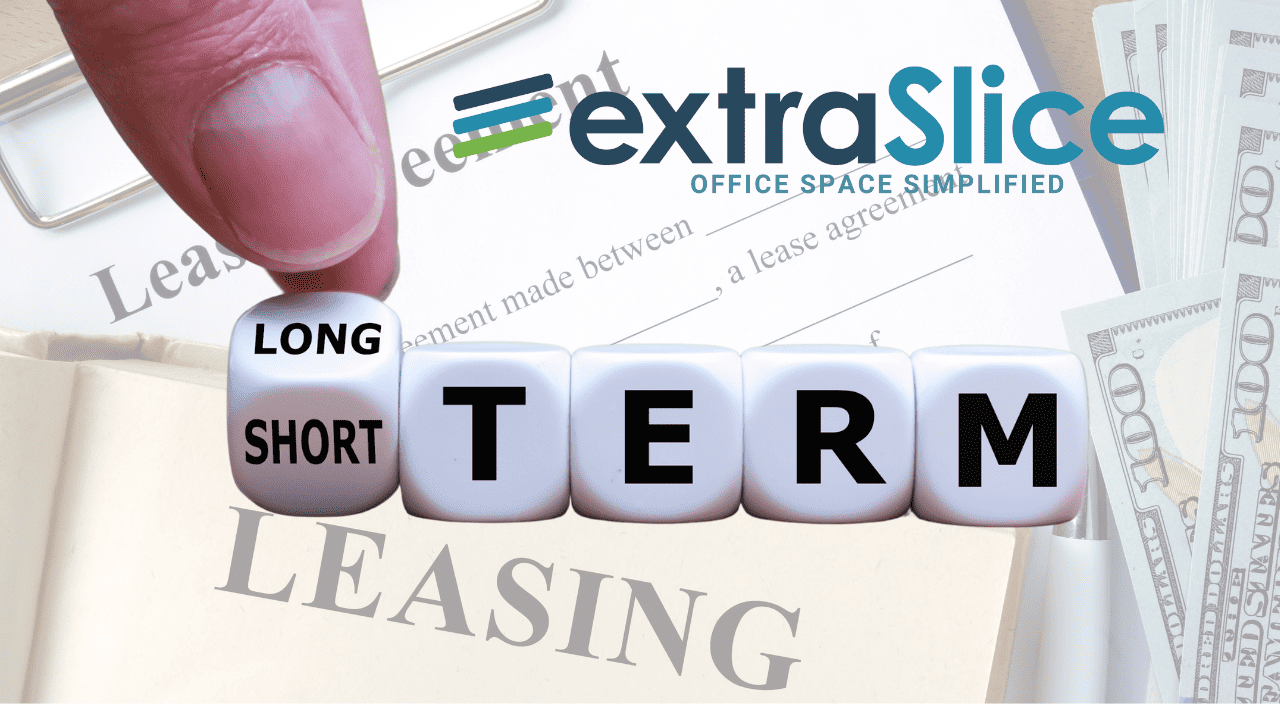In today’s ever-evolving business landscape, the way we work is changing. Hybrid work models, which combine both remote and in-person work, have become increasingly popular. In this dynamic environment, it’s crucial for businesses to remain agile and adaptable. One way to achieve this is by embracing short-term to medium lease terms for office space. Here, we explore the reasons why these flexible lease terms are often the ideal choice for hybrid workplaces.
1. Adaptability to Changing Needs
In a hybrid workplace, the needs of your organization are not set in stone. They can vary over time due to shifts in workforce size, changes in remote work preferences, or unexpected external factors. Short-term leases give you the flexibility to quickly adjust your office space requirements, whether you need to upscale, downsize, or relocate to accommodate evolving circumstances.
2. Cost Control and Efficiency
Hybrid work models are designed to provide cost savings, and short-term leases align perfectly with this goal. With long-term leases, businesses often commit to fixed office spaces that may go underutilized. Short-term leases enable organizations to pay only for the space they need when they need it, resulting in reduced real estate expenses and improved cost control.
3. Experimentation and Innovation
As businesses transition to hybrid work models, they may want to experiment with different office setups, locations, or arrangements. Short-term leases offer the freedom to test the effectiveness of various workspace configurations without being locked into a long-term commitment. This ability to experiment can be crucial in optimizing your hybrid work strategy.
4. Business Agility
In today’s fast-paced business environment, agility is a key competitive advantage. Short-term leases allow organizations to respond quickly to market changes, business growth, or economic fluctuations. You can make strategic adjustments to your office space needs without the burden of inflexible, long-term leases.
5. Risk Mitigation
Long-term leases often come with substantial financial and operational risks. When unforeseen events or changes occur, it can be challenging to modify or exit long-term lease agreements without incurring significant penalties. Short-term leases, on the other hand, reduce these risks, giving your organization greater financial security.
6. Market Expansion
For companies looking to expand into new markets, short-term leases are a low-risk solution. They allow you to establish a presence and test the local market’s viability without the long-term financial commitment associated with traditional leases. If the expansion is successful, you can then consider longer-term arrangements.
7. Remote Work Complement
In a hybrid work model, not all employees may require a permanent desk in the office. Short-term leases are a cost-effective way to provide office space for employees who predominantly work remotely but need occasional in-person collaboration or access to office facilities.
8. Efficient Resource Allocation
Short-term leases help businesses allocate resources efficiently. You can match office space to specific team needs, projects, or departments. This reduces the risk of having underutilized space and ensures that resources are allocated where they are most needed.
Conclusion
In conclusion, short-term to medium lease terms are exceptionally well-suited for hybrid workplaces. These flexible arrangements provide adaptability, cost control, and agility, allowing organizations to respond to ever-changing business environments. They facilitate experimentation and innovation while mitigating risks associated with long-term commitments. Embracing short-term leases empowers businesses to efficiently allocate resources and successfully navigate the shifting sands of the modern work landscape.
If you’re considering a move to a hybrid workplace model, choosing flexible lease terms could be a strategic decision that aligns perfectly with your organization’s goals and future growth.






